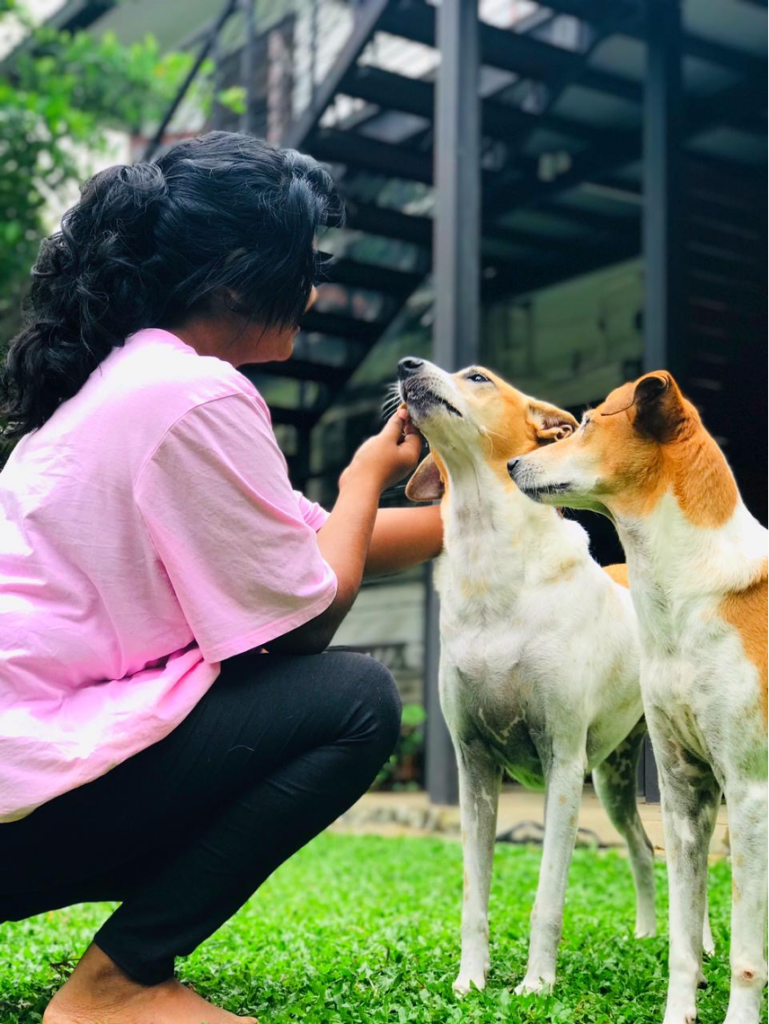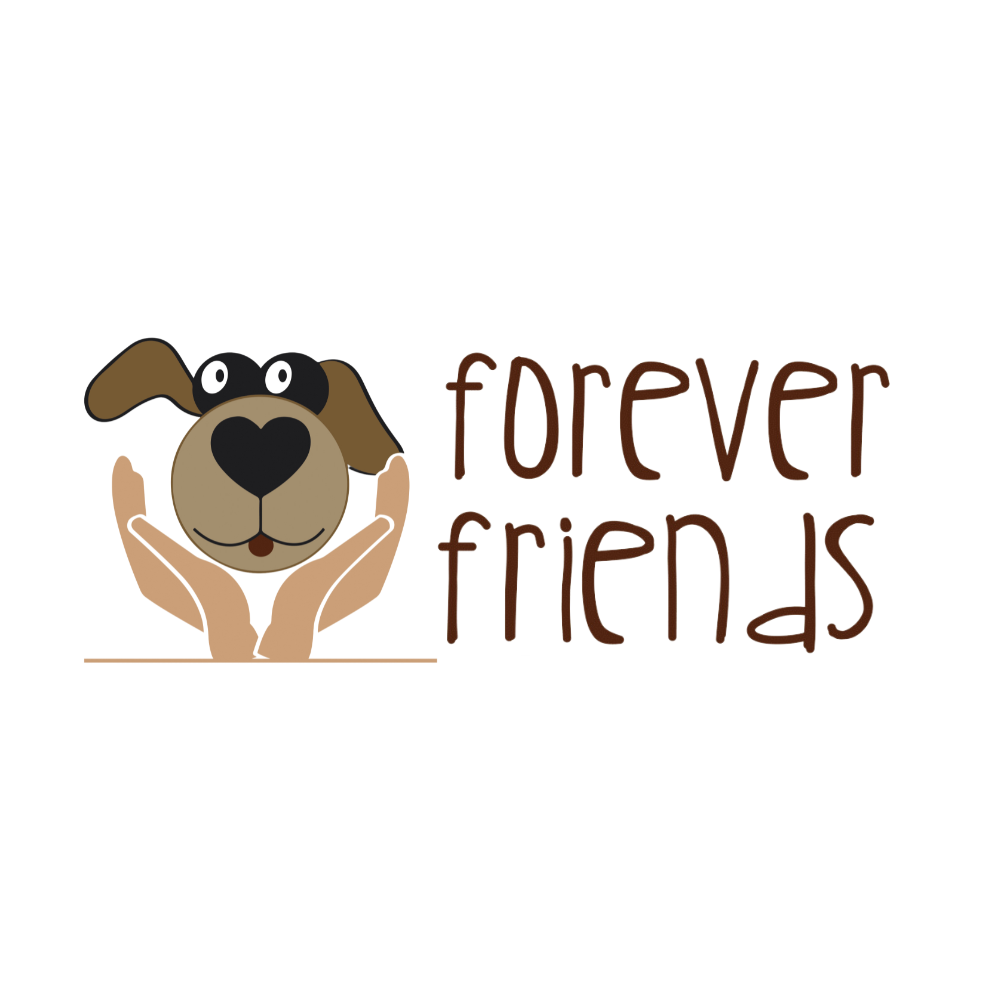
Owning a dog is a responsibility and a lifetime commitment. If you are planning to bring a canine companion into your life think about the time and energy you are going to spend. Whether you have time to take him for walks, or to spend on his vet bills. Here are a few tips on how to be a good dog owner.
Commitment and lifestyle
Make a checklist before bringing your new canine friend home. Check if you are ready for the emotional, Financial and time commitment of owning a dog. Think about the size of the dog breed that will suitable for your lifestyle. Will it be a small, medium or large breed dog? Check your family’s lifestyle, activities, hobbies and personalities before choosing the breed. Most importantly everyone has to agree on bringing their new pet home. Consider the size, trainability, grooming needs, energy level and temperament. Also, read a lot about the breed that you select.
Selecting the best puppy
After doing all your groundwork, reach out to breeders in your area. When you find the correct Dog Breeder you are comfortable with, check on all the puppies and dogs he has. Ask questions from the breeder that you selected. Asking questions will clear your mind about the puppy you are planning to buy. Be ready to expect questions. They might also do a background check on the new puppy or dog owner. Sometimes they will do follow-up visits to check on the puppy you adopt.
If you have a busy lifestyle or think having a puppy is too much consider adopting an older dog. Puppies are full of energy while older dogs are calmer and have less trouble. Most rescue dogs are spayed or neutered and screened for health and temperament issues. Making the right choice will make your new experience enjoyable. Locate a good veterinarian ahead of time, so you can take your dog/puppy for a check-up before coming home.
Bringing your new puppy home
After choosing the breed which will suit your lifestyle get ready to bring your new puppy or dog home. Buy all the necessary items which are needed for your puppy beforehand. Dog-proof your house before your new dog/puppy arrives. Move breakables and chewable items to higher ground where your dog/puppy cannot access them. Block off garden plants that are poison for dogs. Make sure that your garden is secured and fenced. Create a comfortable area for him to rest and sleep. It can be either a crate or a dog bed. The first few nights will be a bit difficult for both you and your puppy. He might miss his other siblings since they used to cuddle up and sleep together. In order to keep your new puppy warm and help him sleep throughout the night, you can keep a soft toy next to him. If you don’t mind him sleeping on your bed, he will cuddle up sleeping next to you. Puppies are also like small babies. They will also wake up in the middle of the night when they are hungry.
After bringing your new puppy/dog home make a daily routine for all his work. Discuss with your family members and decide who will be responsible for food, water, grooming, walks, exercise and cleanup. This is very important for a responsible pet owner. Eventually, your new friend will get used to his routine.
It will take time for your puppy to get used to other family members and other pets at your home. Let the puppy sniff others and explore the house. It will take time for your new pup to adjust to his new lifestyle so be patient. Housetraining and setting house rules are very important. From his puppy days teach him what is good and bad. Reward your puppy when he listens to your commands. Make sure everyone in the family is familiar with the rules that you have set. Otherwise, your puppy will get confused. Regular practice of commands will avoid appropriate behaviour of your puppy.
Keeping your dog healthy
Like human beings, your puppy also needs regular health checkups and a healthy balanced diet. You can consult your vet or the breeder about meal plans and the type of food to feed your puppy. They need nutritious food to grow strong and healthy. Remember to keep clean and fresh water always. They also need daily exercise to stay healthy and active. Go for walks, play in the yard or do anything to stimulate his mind and body. Always remember to do everything according to a routine. Make sure that your dog is yearly vaccinated against rabies, Parvo and Distemper. Don’t forget to deworm when necessary. You can ask your veterinarian how to warm your puppy according to his age.
Tick control is very important. Make sure your dog, his bed and your home are free from ticks and fleas. There are numerous products that you can use to prevent ticks and fleas. Always remember to check with your veterinarian before using any brand. Be familiar with your dog’s eating, drinking and sleeping patterns. Any change in these patterns will help you to identify whether your dog is sick.
Bathing and grooming your dog is very important. You can bathe your dog once or twice a week to keep him clean. Since they have very gentle and sensitive skin, always use mild shampoo or soap. You can use any product meant for canine friends. You can use baby shampoo or soap as well. Apart from bathing make sure that your dog’s nails are clipped, ears cleaned, fur-trimmed and teeth are cleaned. Fur trimming and brushing will depend on the breed that you have. Brushing his fur will help to prevent shedding and matting. If you think this is too much of a task ask for help from a groomer or your vet.
Be Your Dog’s Best Friend
For your canine companion, his family means the world to him. Make time to play, talk and walk with him. Keeping your dog mentally and physically happy will help him to stay healthy and have a longer life. Spending more time with your puppy will help you to relax your mind and strengthen the bond between you. Take your dog out for walks. He will love to explore your neighbourhood.
Train your Dog
Train your dog at the puppy stage. You can start with the basic commands such as sit, stay, come and down. Training your dog will help you to take control of him. You can search online for training videos or get help from a trainer. Socialising with your dog is very important. Take him to parks or while you are walking with him let him meet new people and other dogs. Reward him for behaving calmly around other people and dogs. Don’t forget to praise your dog for obeying commands and behaving well. Always make sure that both of you enjoy the training time.
Spay and Neutering your Dog
Spaying and neutering your dog is an essential component of responsible pet ownership that benefits both individual pets and the community at large. By preventing unwanted litters, you help reduce the number of homeless animals, easing the burden on shelters and rescues. Spaying and neutering can improve your dog’s health, decreasing the risk of certain cancers and infections which will contribute to a longer and healthier life. Behaviourally, it often leads to a calmer and more well-behaved companion reducing issues like marking, roaming and aggression. Ultimately spaying and neutering is a compassionate decision which leads to a healthier and safe environment for all pets.
Golden years
Being mindful of your breed’s health risks is a vital part of loving and caring for your dog. As your dog grows older, his needs and habits will change. It’s essential to ensure his comfort and well-being, doing everything in your power to support him through his golden years. When age or illness eventually takes its toll, and as their quality of life declines, face it bravely. They may go peacefully, or you may face the difficult decision of euthanasia. Though it’s never easy, arranging a compassionate and humane way to end his suffering is the kindest act of love you can offer.
Taking these not so simple steps will help both you and your new canine companion to enjoy a new life together. Remember no matter the steps, LOVING them is key….give them lots of love and care.
Written by – Udani Liyanagamage
